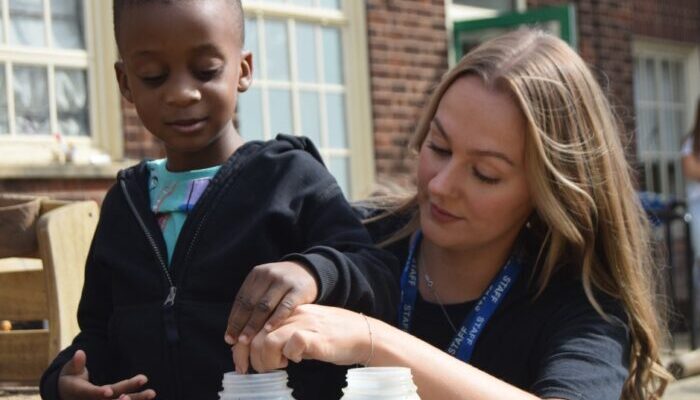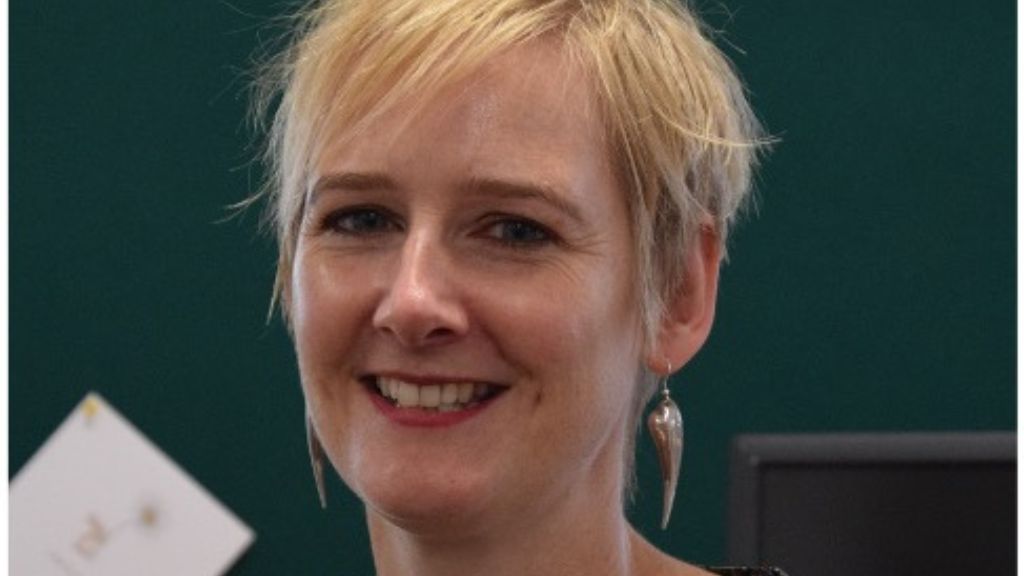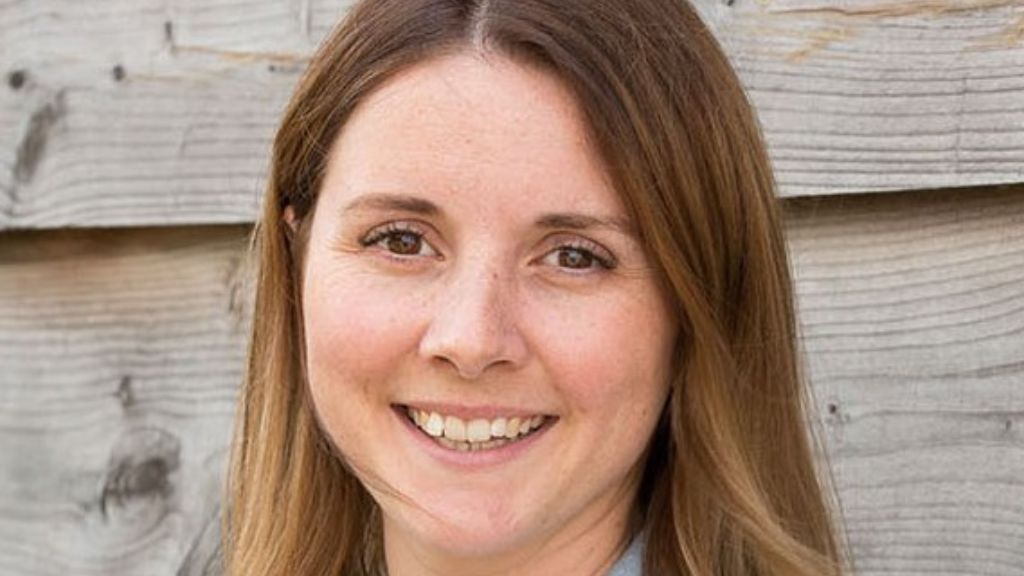We chat to outdoor play expert Claire from Creative Play, who shares how imaginative play can support early years development…
Expert help
The government-funded Experts and Mentors programme aims to support nursery managers and practitioners to tackle day-to-day challenges. Charlotte Goddard finds out how the scheme is progressing.

Being a nursery manager can be a lonely job. “If you are a very small nursery, where do you go as a manager to process some of the complexity you are facing, and some of the challenges?” asks Felicity Dewsbery, deputy head of the Pen Green Centre for Children and their Families in Corby, Northamptonshire. “At the end of the day, the buck stops with you.”
Pen Green has been charged with delivering the government-funded Experts and Mentors programme, set up as part of the Department for Education’s Covid recovery scheme. The programme, which is planned to run until July 2024, offers free support to leaders and practitioners in eligible settings, which includes nurseries judged as Requires Improvement or Inadequate by Ofsted in the past three years, as well as settings with high numbers of children in receipt of Early Years Pupil Premium, high numbers of children with special educational needs and disabilities, or high numbers of children taking up the disadvantaged two-year-old offer.
Peer support
Eligible nurseries are matched with both an expert and a mentor, and receive face-to-face and online support tailored to the needs of the setting. Experts usually work with the nursery manager, while the role of the mentor is nominally to support practitioners who are undertaking the Department for Education’s free online early years child development training. However, if practitioners have questions on issues not covered by the modules, mentors will often offer wider support, says Dewsbery. Area leads, who also act as experts, keep a check on the wellbeing of experts and mentors on their patch, and match settings with the right support.
“At the moment the sector is really struggling and there has been a lot of complexity added because of Covid. I think what is unique about this offer is it is practitioner-to-practitioner support,” says Dewsbery, who acts as the programme’s area lead for Northamptonshire and also provides direct support as an expert. “It provides an opportunity to go into a setting and when you are in their space they can open up to you about whatever it is they are facing.”
When applying to the programme, managers highlight the issues they want support with, but the actual problem often turns out to be something else. “The application form is used as the basis of the initial conversation between expert and manager, but it was very often a completely different issue by the time the experts had had that conversation,” says Kate Haythornthwaite, programme director at consultancy Hempsall’s, which trains experts and mentors taking part in the scheme.
Top issues
Top issues managers have asked for help with include curriculum development, communication and language, and working with other professionals to support children with special educational needs and disabilities (SEND). “One of the managers I supported has said to me it has been really nice to have someone to talk to,” says Dewsbery. “She can’t necessarily share her insecurities with the team, but she can share them with me and doesn’t feel she is being judged.”

Experts are paid to support each setting for three days a term, but they can manage that in different ways, with some dividing the time into half days. The amount of support nurseries need varies. “I am supporting one setting which went from Outstanding to Inadequate, and they are coming up for their third term,” says Dewsbery. “On the other hand, some settings have just one term of support and they feel that that is enough.”
Experts and mentors may be leaders from the private, voluntary and independent (PVI) early years sector or school-based provision rated Good or Outstanding, or local authority advisors. Their training covers a range of different coaching and mentoring models. “You may only have a term working with one setting, so you have to very quickly build a relationship,” says Haythornthwaite. “We give the experts and mentors a toolkit of evidence-based strategies and approaches but it’s up to them what model they use.”
In addition to visiting her paired nursery, Dewsbery invited a manager she was supporting to visit Pen Green. “It is not about them recreating Pen Green, it is about taking those ideas and initiatives and turning them into their own,” she explains. “Our next meeting built on that visit to work on writing their own curriculum specifically for their children in their location.”
With meetings taking place online, as well as in the setting, experts and mentors are supported to be comfortable and confident with setting up and delivering virtual meetings. “We found that while people may have attended a few online meetings, they had never set them up or led them,” says James Hempsall, director of Hempsall’s. There was also a need to bring school-based experts up to speed with the role of a manager in the PVI sector, he says.
Personalised support
Rachel Howarth, hub manager of three nurseries in Bedfordshire, was paired with Dewsbery after one setting needed to make rapid improvements following a poor Ofsted inspection. She is delighted by the support she has received but feels the name of the programme could put people’s backs up. “If I had been responsible for the previous Ofsted inspection, which actually took place before I was appointed, I would find it difficult to be told an expert is going to come in and make everything better,” she says. “Experts and Mentors has a hierarchical, ‘top down’ feeling. If you are feeling prickly, you aren’t going to engage with it.”

Howarth, who moved from the primary school sector to the private sector, valued having someone to “bounce ideas off”. Parents have noticed changes since taking part in the programme, she says. “There wasn’t really a robust curriculum before, not that anyone could articulate. There has been a lot of positive feedback, parents have noticed the changes in the curriculum and have a greater awareness of what their children are learning,” she adds. “We also have better packages for children with SEND, and are working more closely with the early years advisory team.”
Howarth’s nursery is also receiving support from a mentor, who is supporting an unqualified member of staff to complete the Department for Education’s child development programme. “It is a safe space for the staff members to say to the mentor ‘I feel like I should know this but I don’t’, which she might not want to say to me,” says Howarth.
Howarth is very positive about the scheme. “If you don’t know about the programme go and find out about it, I would 100 per cent recommend it,” she concludes. “It is good to have someone as a sounding board to talk ideas with. [Dewsbery] is a magical fairy who comes in and makes everything better.”
For more information visit: pengreen.org/early-years-experts-and-mentors
Latest Features
The roll-out of new innovations doesn't always go to plan. Ben Case, education advisor at childhood education platform Tapestry, sets…
We discover how RafaKidz Medmenham transformed its outdoor space




